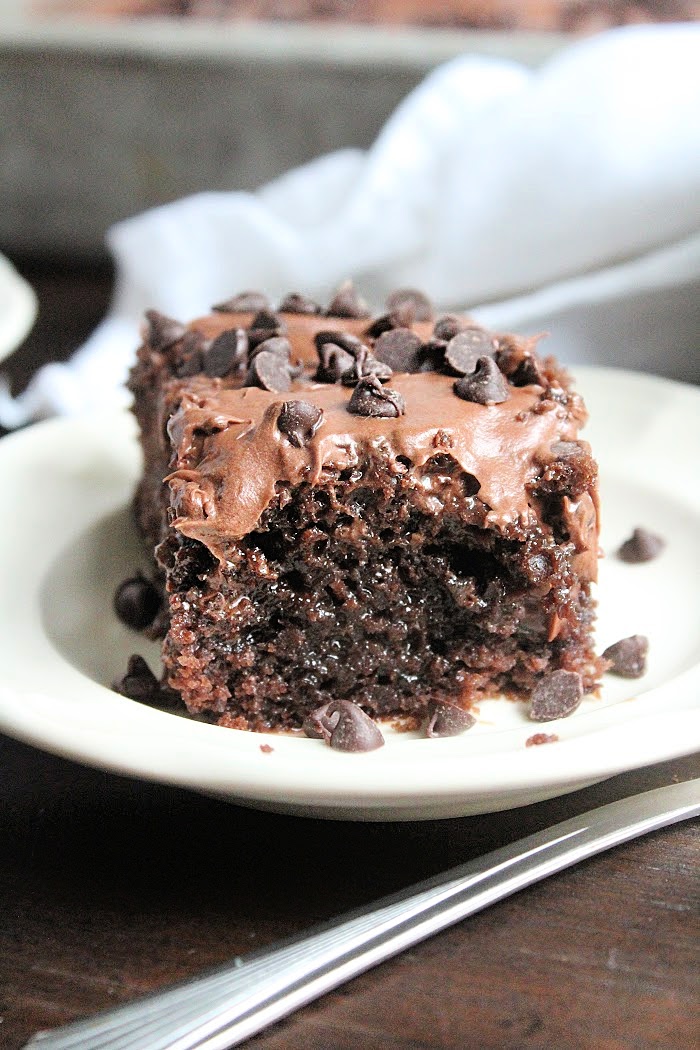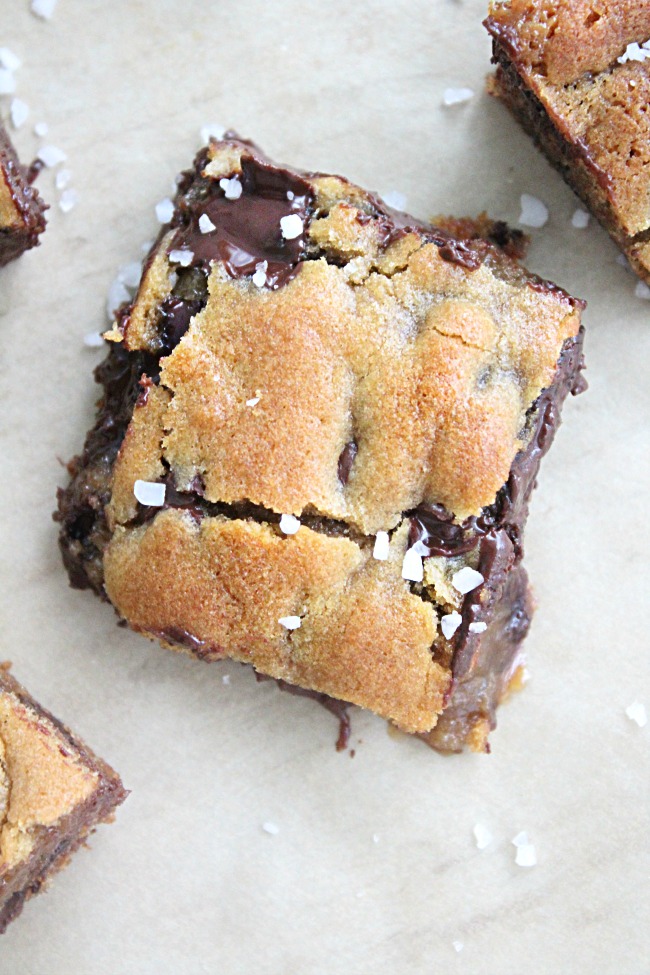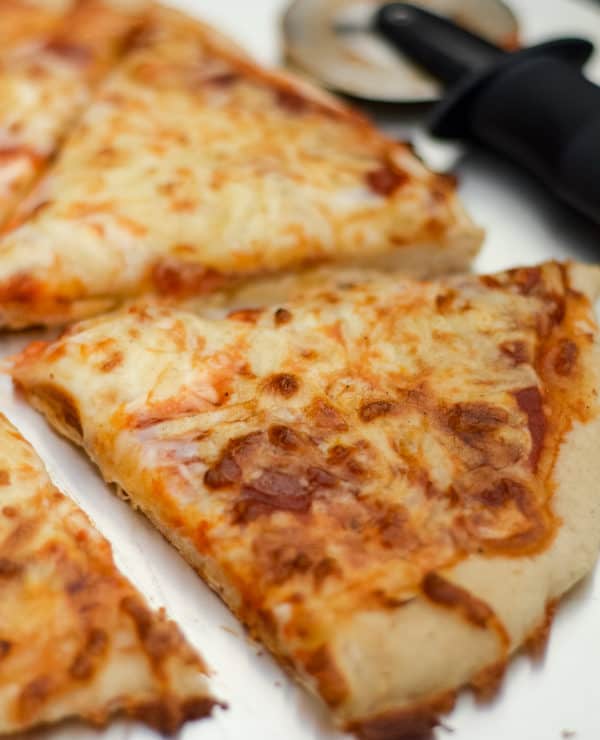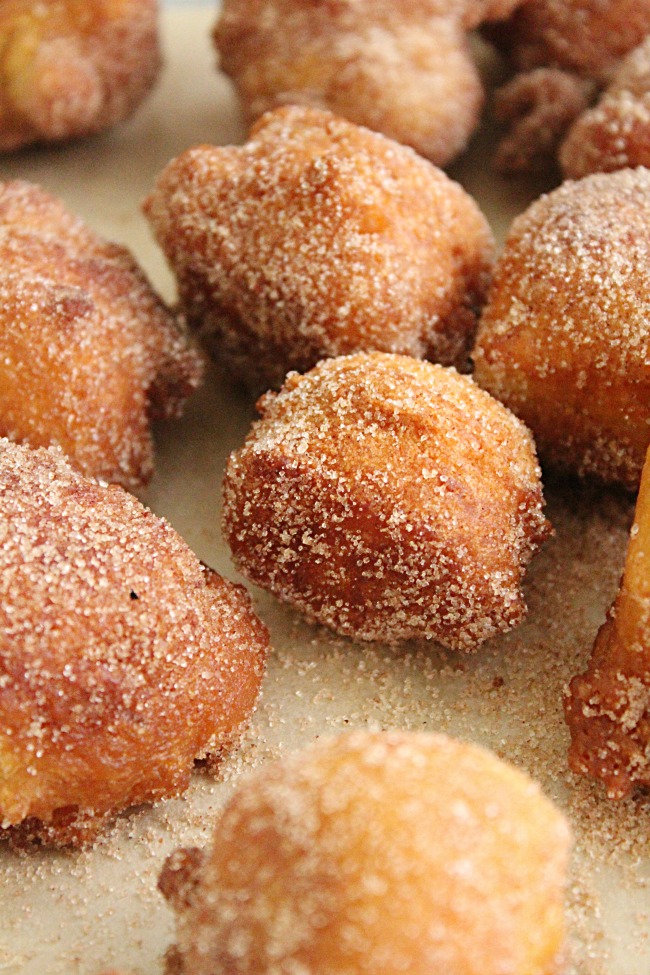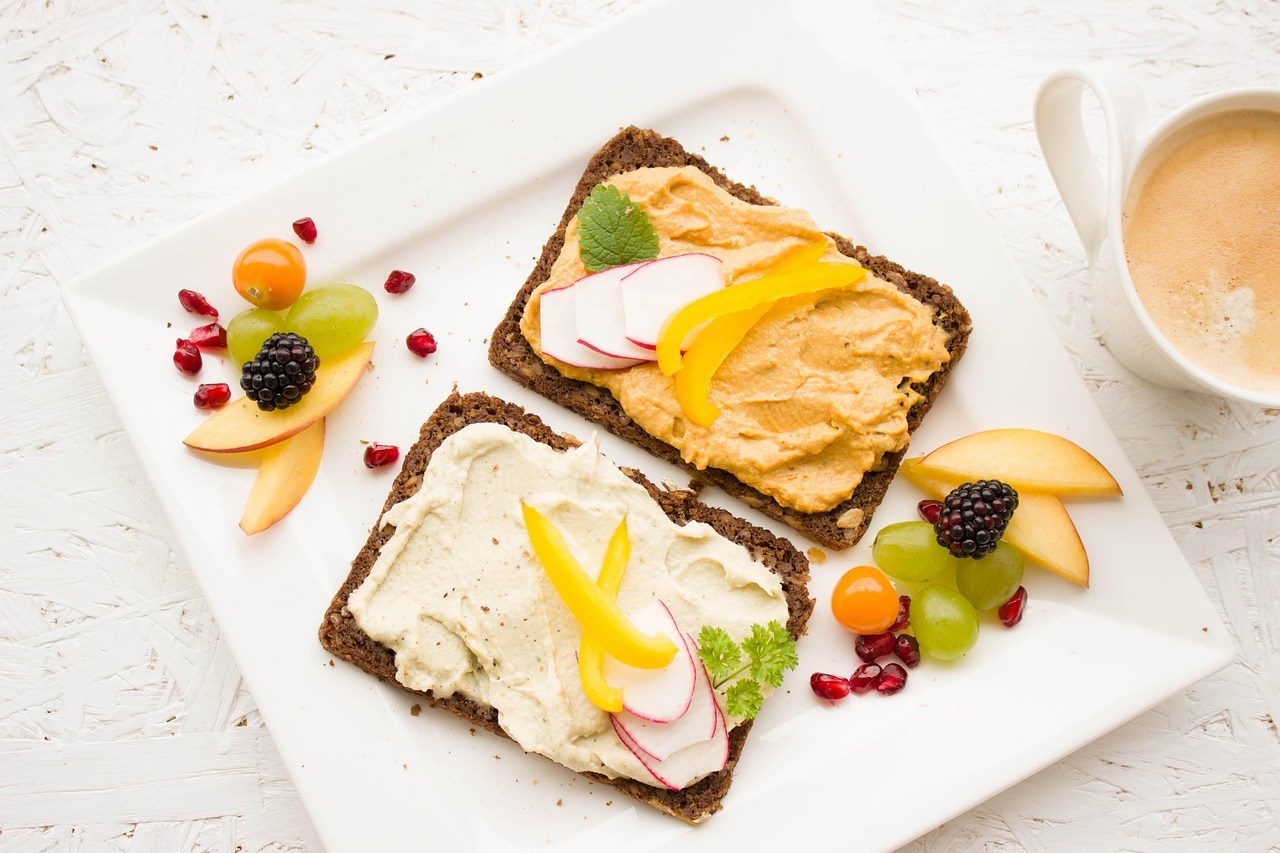10 Mistakes You Might Be Making When Ordering Cocktails
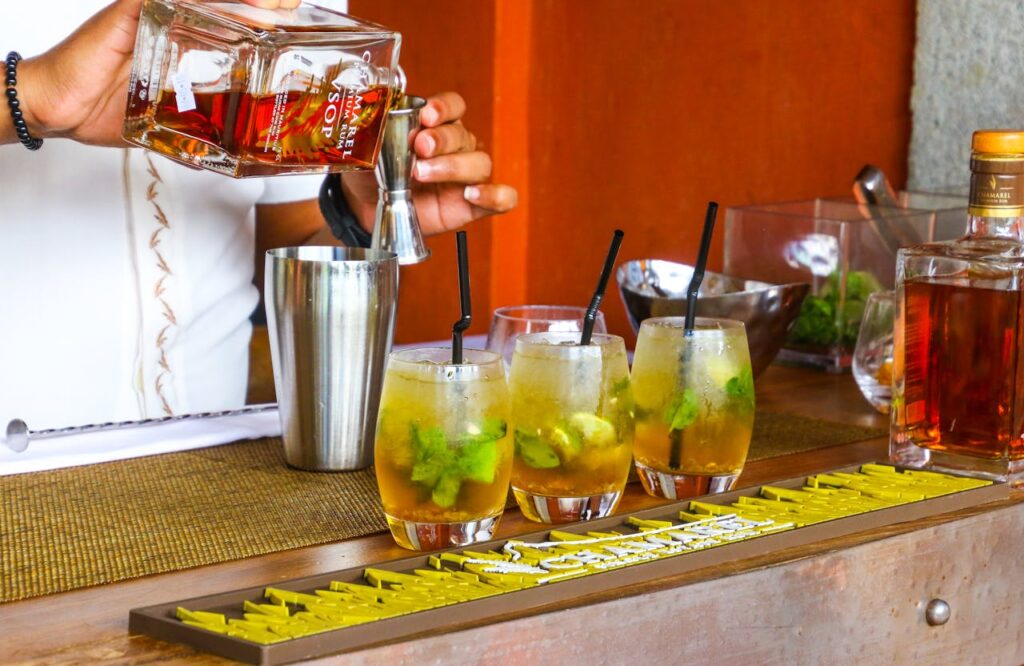
Ordering a cocktail may seem simple, but even experienced drinkers often make subtle mistakes that affect flavor, presentation, and overall enjoyment. From mispronouncing ingredients to overlooking seasonal availability or ignoring bar specialties, these errors can transform a perfectly crafted drink into a disappointing experience. Learning how to avoid these pitfalls helps you savor cocktails as intended, impress bartenders, and fully enjoy every sip with confidence and style.
1. Mispronouncing the Cocktail Name
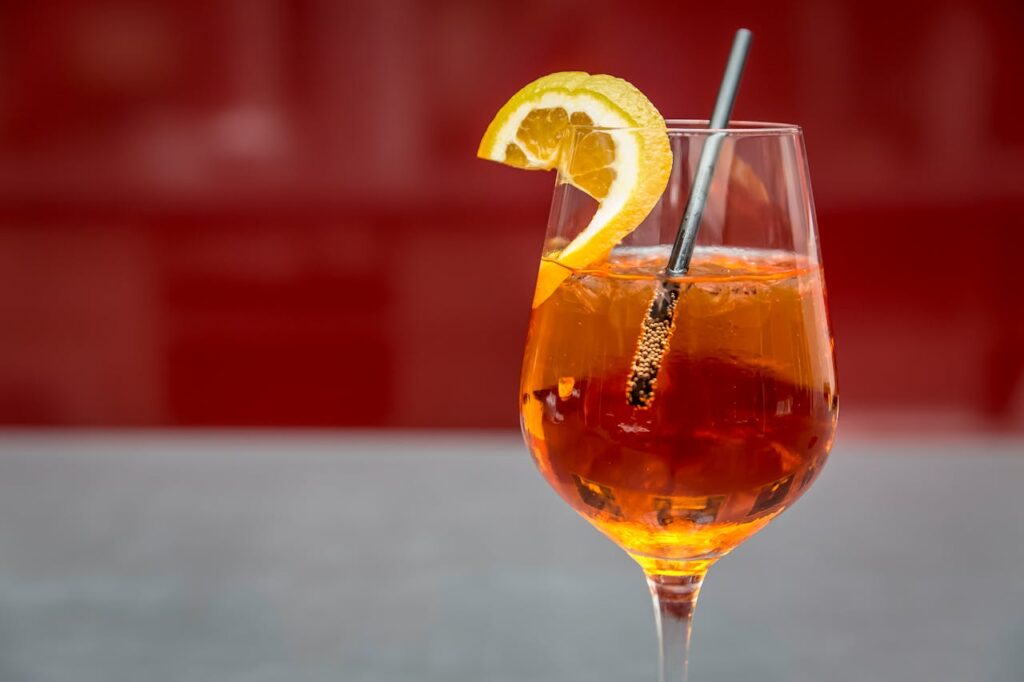
Even seasoned drinkers sometimes stumble on cocktail pronunciations, like saying “May Tie” instead of “Mai Tai” or mispronouncing a “Negroni.” Bartenders appreciate clarity, as mispronunciations can cause confusion, delay your order, or lead to the wrong drink being served. Learning the correct names demonstrates respect for the craft and enhances your ordering experience. Taking a moment to pronounce cocktails properly ensures you receive the drink you intend and shows attentiveness to mixology traditions.
2. Not Specifying Your Preferences
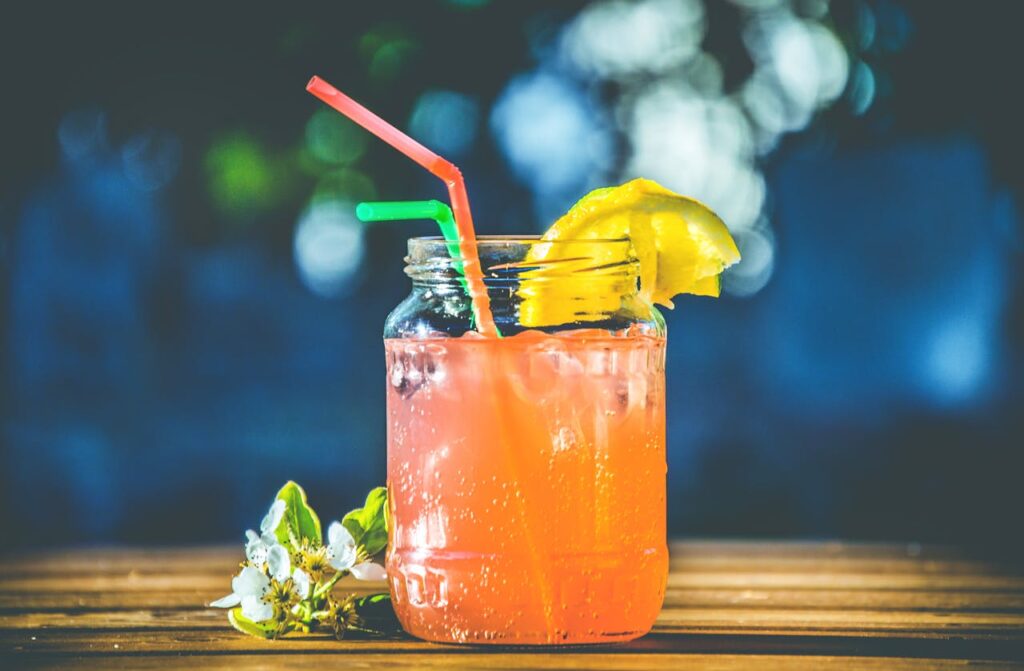
Assuming bartenders know your ideal flavor profile can lead to disappointment. Whether you prefer a sweeter, stronger, or with less citrus drink, specifying preferences ensures your drink aligns with your taste. Communicating details like preferred garnish or spirit type helps bartenders craft a balanced cocktail tailored to you. Providing clear instructions prevents misunderstandings, enhances your enjoyment, and fosters a smoother interaction at the bar while respecting the bartender’s expertise.
3. Ordering Off-Season Ingredients
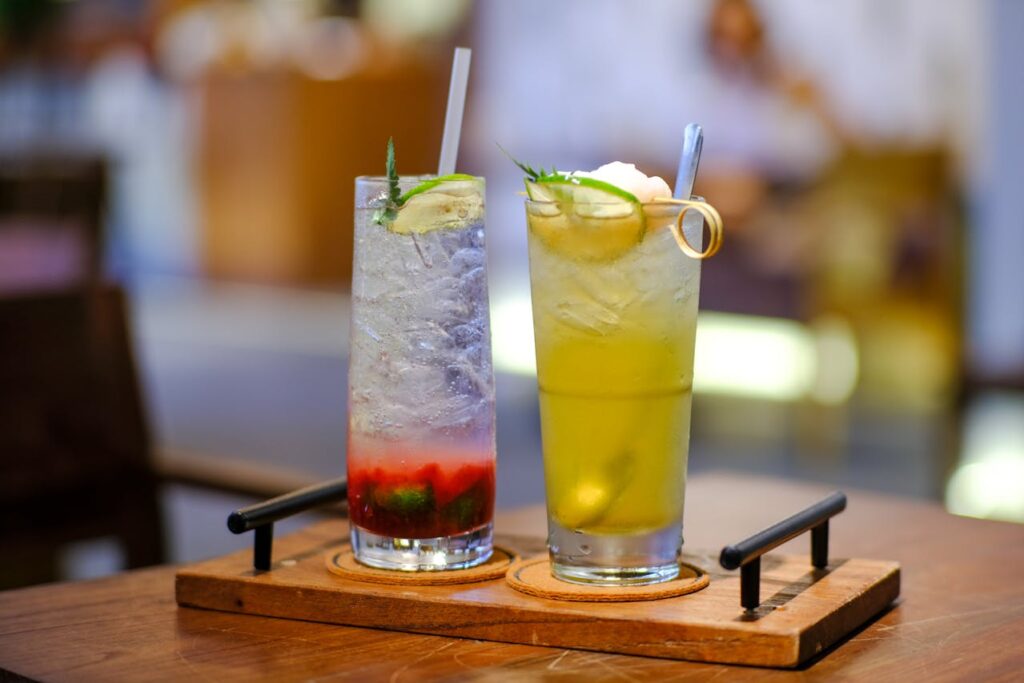
Expecting cocktails made with fresh fruits, herbs, or other ingredients out of season can affect flavor and quality. Freshness matters in mixology, and bartenders may substitute or avoid unavailable items. Understanding seasonal availability ensures realistic expectations and encourages appreciation of ingredients at their peak. Choosing cocktails that align with the bar’s capabilities guarantees a better-tasting experience and allows you to enjoy drinks with vibrant flavors and balanced textures.
4. Requesting Too Many Modifications
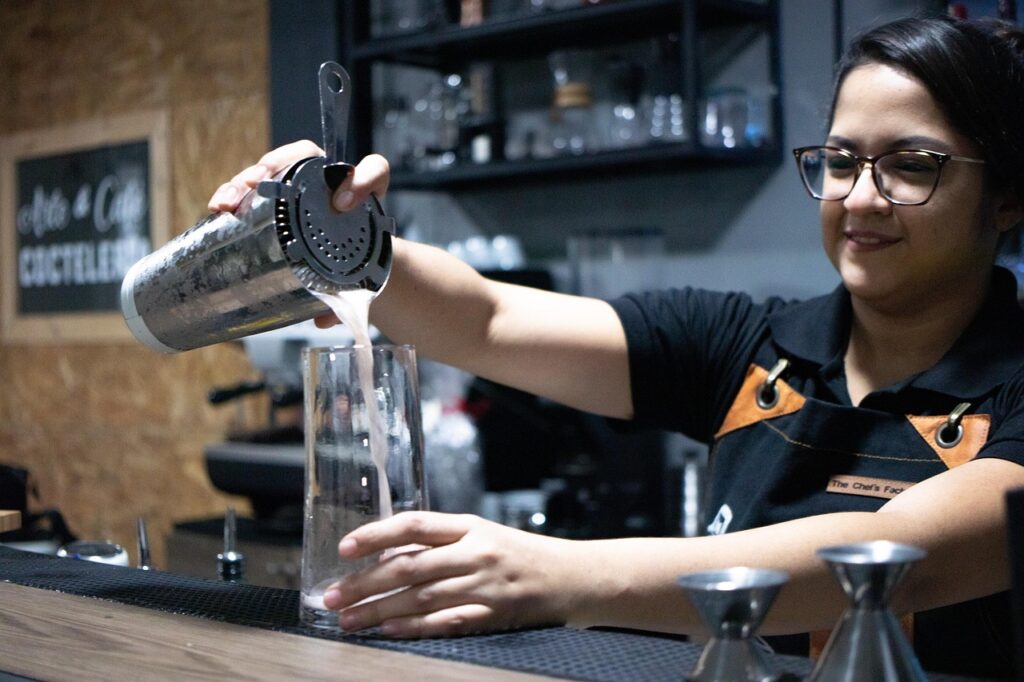
While customizing a cocktail is acceptable, asking for multiple alterations can disrupt the balance of a classic recipe. Overcomplicating orders may confuse bartenders or compromise flavor, texture, and presentation. Appreciating the original structure of a cocktail and limiting modifications preserves its intended taste and character. Clear and reasonable adjustments allow bartenders to maintain quality while respecting your preferences, resulting in a drink that satisfies both your palate and the artistry of mixology.
5. Overcomplicating Your Order
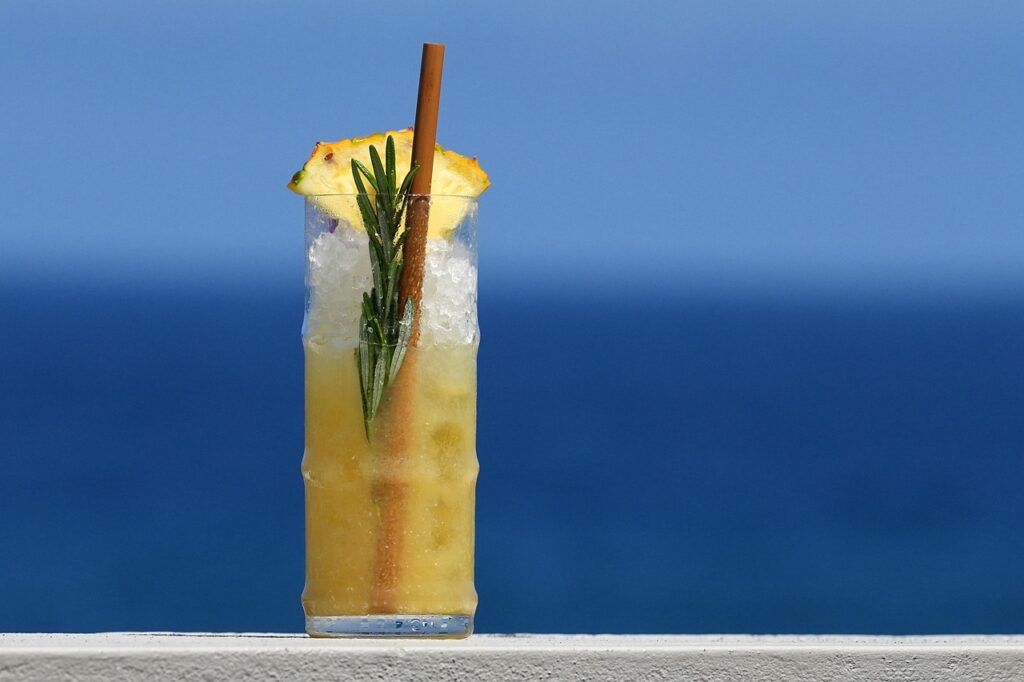
Using overly complex or trendy terminology can confuse bartenders and slow service. While creativity is fun, excessive descriptors, obscure spirits, or unfamiliar jargon can hinder communication and lead to mistakes. Simple, clear, and precise orders allow bartenders to understand your intentions and craft your cocktail efficiently. Clarity in ordering enhances your experience, ensures the drink is made as intended, and shows respect for the bartender’s skill and workflow.
6. Ignoring the Bar’s Specialty
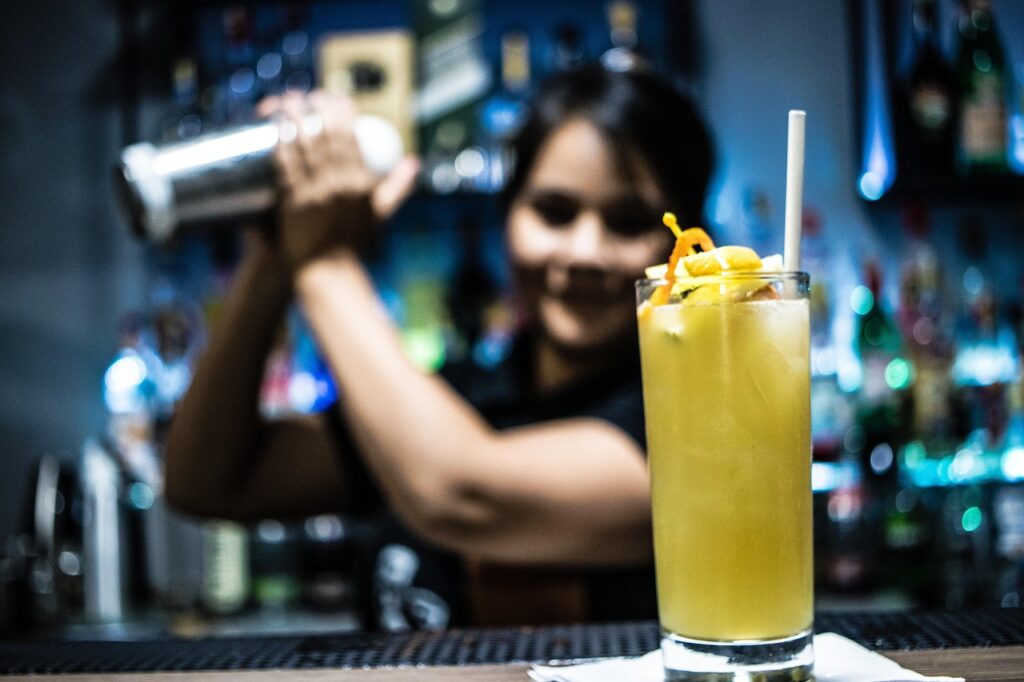
Each bar has its own strengths, whether classic cocktails, craft spirits, or modern mixology techniques. Ordering a drink outside a bar’s specialty may result in a subpar experience. Observing the menu, asking for recommendations, or selecting cocktails that align with the establishment’s expertise ensures quality and satisfaction. Respecting the bar’s focus allows you to experience drinks prepared with the greatest skill and attention, providing a more enjoyable and memorable cocktail experience.
7. Failing to Specify Glassware
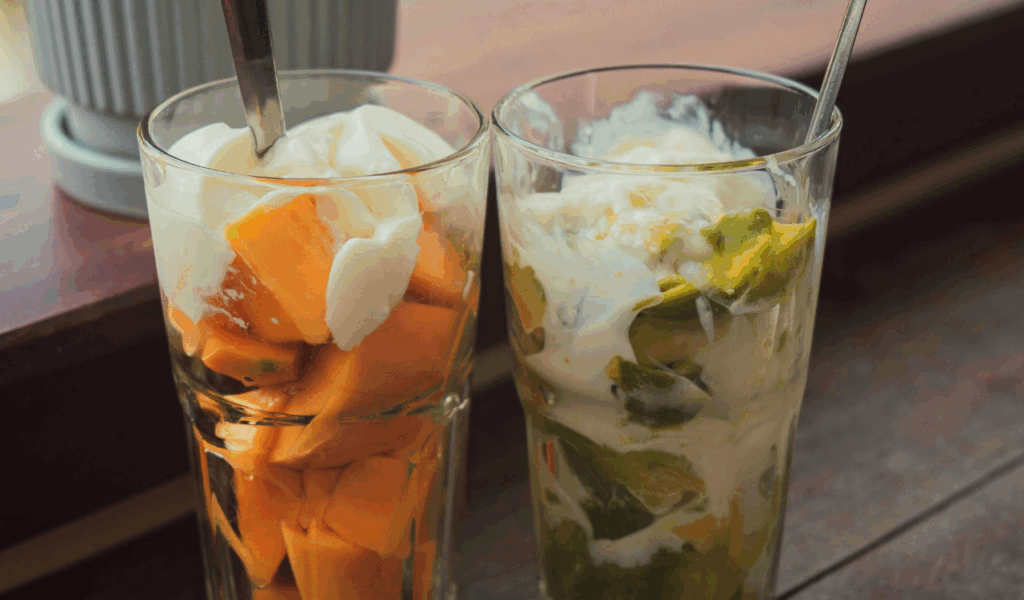
Glassware affects how a cocktail tastes, looks, and feels. Serving a martini in a rocks glass or a highball in a short tumbler can change presentation and aroma. Bartenders consider glassware as part of the drinking experience, enhancing flavors and aesthetics. Specifying the type of glass or understanding standard conventions helps preserve the integrity of the cocktail. Clear communication ensures your drink is served appropriately, improving enjoyment while reflecting attention to mixology detail.
8. Mixing Incompatible Spirits
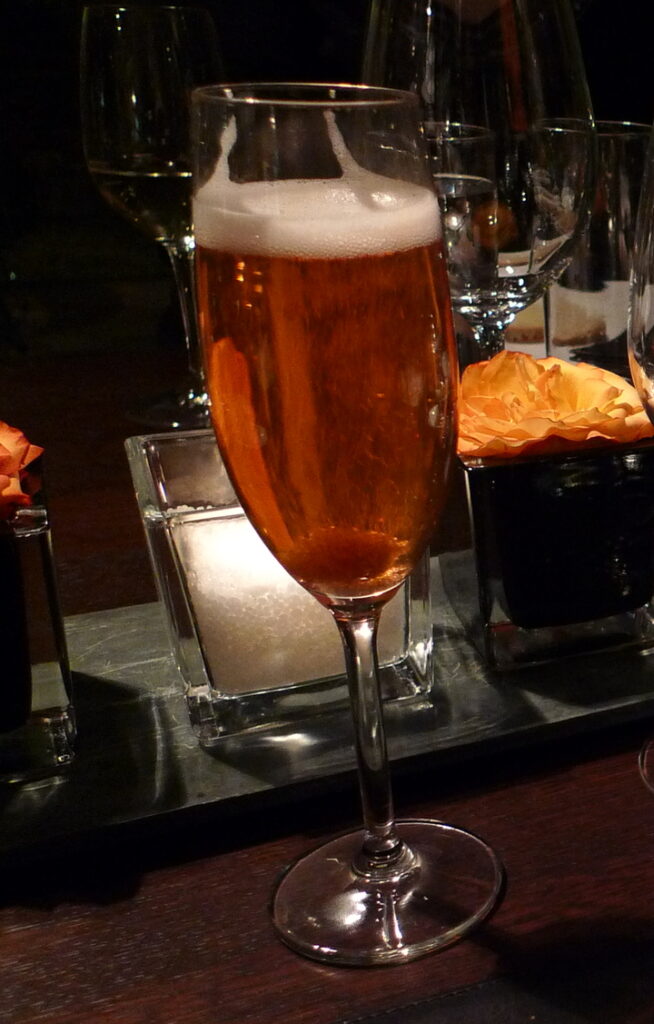
Choosing spirits that clash in flavor can ruin the balance and enjoyment of a cocktail. Understanding how flavors interact, or trusting a bartender’s expertise, prevents creating unpleasant combinations. Certain pairings can overpower delicate ingredients or mask essential aromas. Selecting spirits with complementary profiles or sticking to classic recipes allows you to savor a drink as intended, enhancing both taste and aroma while respecting the craftsmanship behind cocktail creation.
9. Drinking Too Quickly
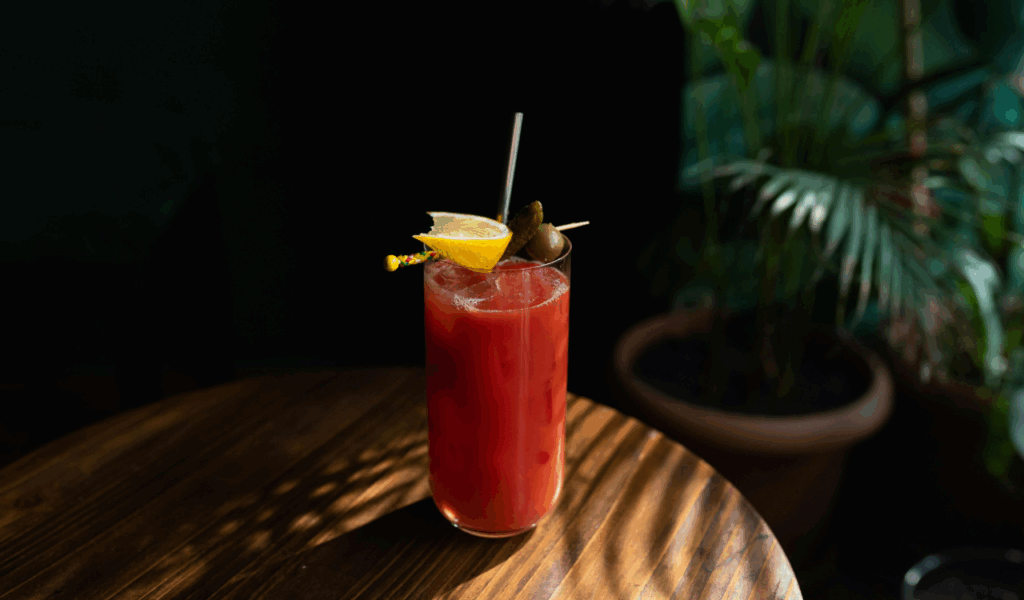
Cocktails are crafted for flavor, aroma, and experience, not just alcohol intake. Drinking too quickly prevents appreciation of subtle notes and can dull your palate, overshadowing the nuances in balance, sweetness, and acidity. Sipping slowly allows flavors to develop, enhances enjoyment, and encourages mindful consumption. This practice not only improves your tasting experience but also helps maintain moderation and prevents overconsumption while letting you fully experience the artistry of each cocktail.
10. Skipping Tasting Before Adjustments
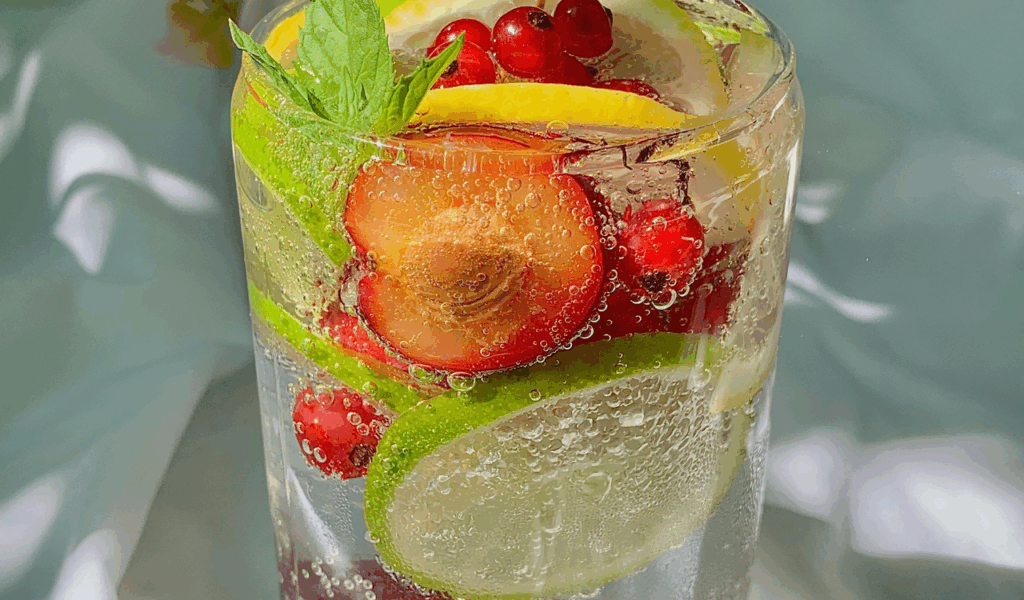
Not tasting a cocktail before requesting modifications can result in unnecessary changes that upset the balance and flavor. Bartenders carefully measure ingredients to achieve harmony, and immediate alterations may reduce quality. Sampling first allows you to understand the intended flavor profile and decide whether adjustments are truly necessary. Tasting before modifying shows respect for the bartender’s expertise and ensures that any changes enhance rather than compromise the cocktail, preserving both taste and presentation.
